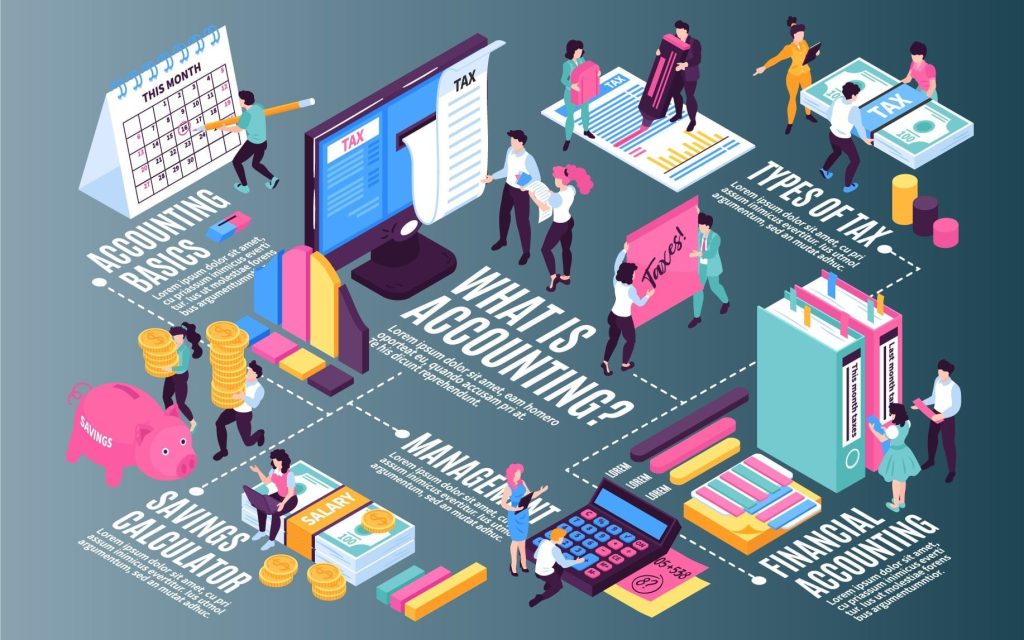Management accounting provides data to the management on the basis of which they take decisions to achieve organizational goals and improve their efficiency. In this section, we will discuss the main characteristics of management accounting.
To Provide Accounting Information
Information is collected and classified by the financial accounting department, and presented in a way that suits managerial needs to review the various policy decisions of an organization.
Cause and Effect Analysis
One step further from financial accounting, management accounting works to know the reasons of profit or loss of an organization. It works to find out the causes for loss and also study the factors which influence the profitability. Therefore, cause and effect is a feature of management accounting.
Special Technique and Concepts
Budgetary control, marginal costing, standard costing are main techniques used in financial accounting for successful financial planning and analysis, and to make financial data more useful.
Decision Making
Studying various alternative decisions, studying impact of financial data on future, supplying useful data to management, helping management to take decisions is a part of management accounting.
Achieving Tasks
Financial data is used to set targets of the company and to achieve them. Corrective measures are used if there is any deviation in actual and targeted task. This all is done through management accounting with the help of budgetary control and standard costing.
No Fixed Norms
No doubt, tools of management accounting are same, but at the same time; uses of these tools depend upon need, size, and structure of any organization. Thus, no fix norms are used in application of management accounting. On the other hand, financial accounting totally depends on certain rules and principals. Therefore, presentation and analysis of accounting data may vary from one organization to another.
Increasing Efficiency
While evaluating the performance of each department of an organization, management accounting can spot the efficient and inefficient sections of an organization. With the help of that, corrective step can be taken to rectify the inefficient part for better performance. Hence, we can say that efficiency of a concern can increase using accounting information.
Informative Instead of Decision Making
Decisions are taken only by top management using information provided by management accountant as classified in a manner which is useful in decision making. Decision making does not come under preview of accountant, it is only the top management, who can take decision. Thus, decision of an organization depends on caliber and efficiency of the management.
Forecasting
Management accountant helps management in future planning and forecasting using historical accounting data.

